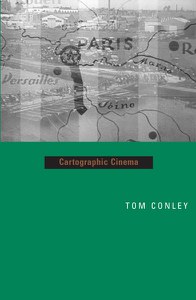It’s been great to get a sense of how our students are doing as we shift from term-time into the summer months but we also wanted to let you know what French at Stirling staff are up to, starting with Nina Parish who is, indeed, very busy with conferences at the moment:
‘It was the Society for French Studies annual conference last week and I chaired an excellent panel on ‘Poetic Revolutions: Remediation, innovation and translation of 20th and 21st French Poetics’ with papers by Emma Wagstaff (Birmingham), James Wishart (KCL) and Jeff Barda (Manchester). The conference was cancelled last year so it was really good to see colleagues again albeit virtually and to listen to some fascinating papers and plenaries (our own Fraser McQueen was also live tweeting the conference).
This week, it’s the Memory Studies Association Conference and I’ll be chairing a panel on the ‘Memories from the Margins’ project and the Journal of the British Academy special issue (‘Memories from The Margins: Violence, Conflict and Counter-Narratives‘) that I co-edited with Daniele Rugo (Brunel) and which came out last week, with papers by Daniele, Carmen Abou Jaoude (Saint Joseph University of Beirut), Adriana Rudling (Chr. Michelsen Institute, Bergen) and Chris Reynolds (Nottingham Trent University).
I’ll also be chairing a panel on ‘Memory in Music and the Arts’ and speaking with David Clarke (Cardiff) as part of a panel on the Disputed Territories and Memory project about ‘Diaspora Memories and the Virtual Museum: Remembering Lost Homelands.’
And I’ve just finished the second series of Lupin which I found very entertaining indeed!’
Thanks to Nina for this post, good luck with the various papers and chairing duties and there’ll be more updates from students, graduates and staff over the weeks ahead!







You must be logged in to post a comment.